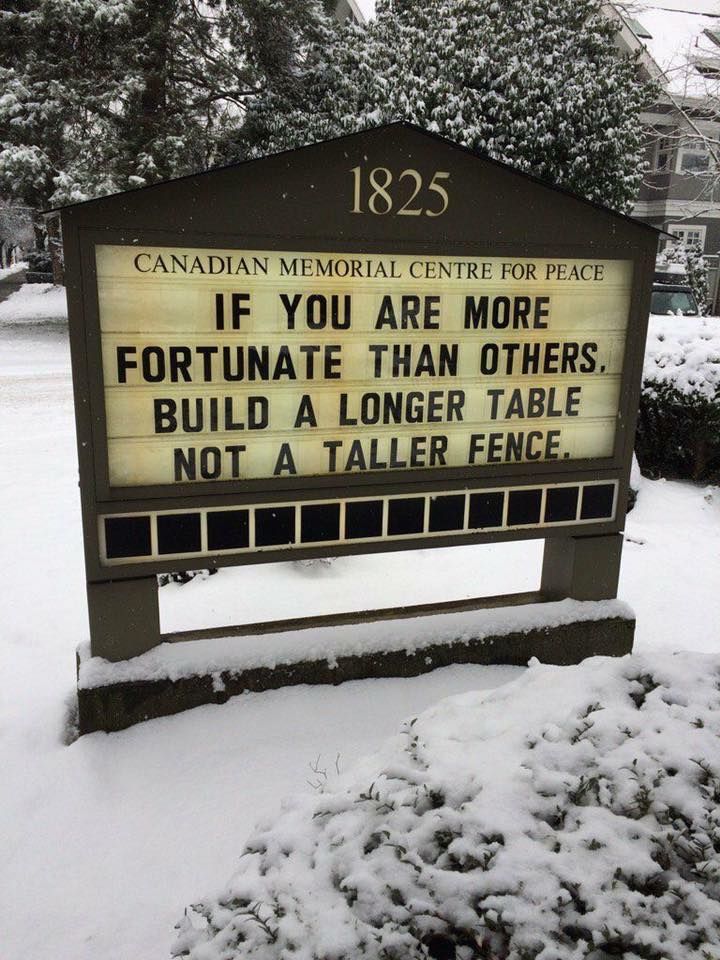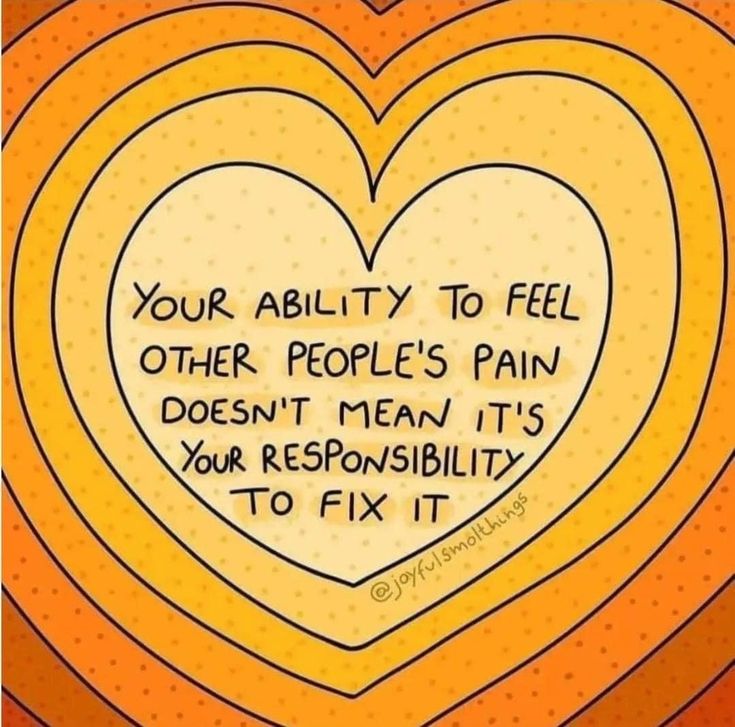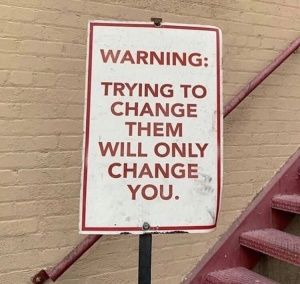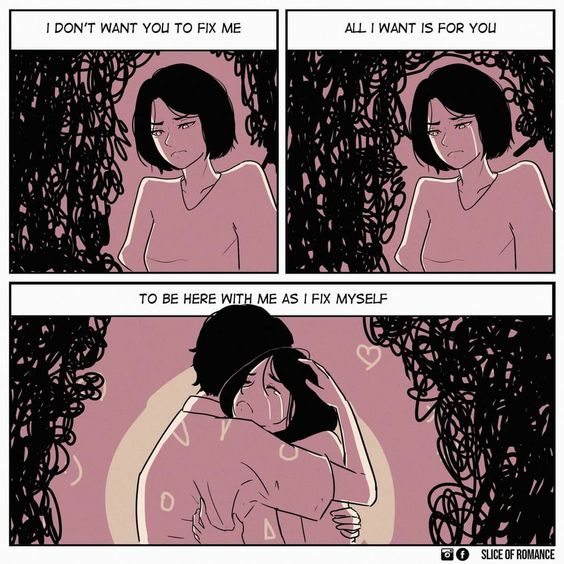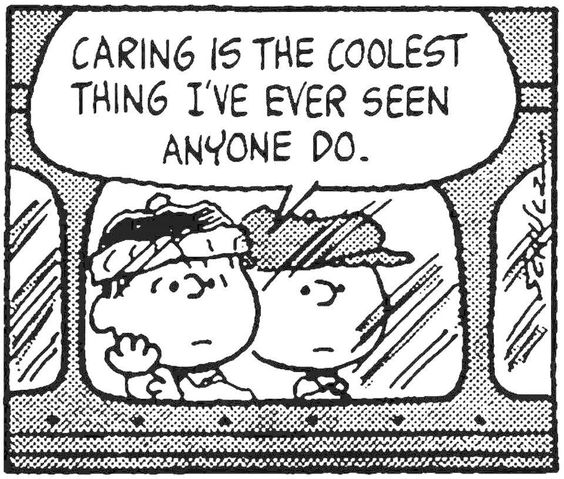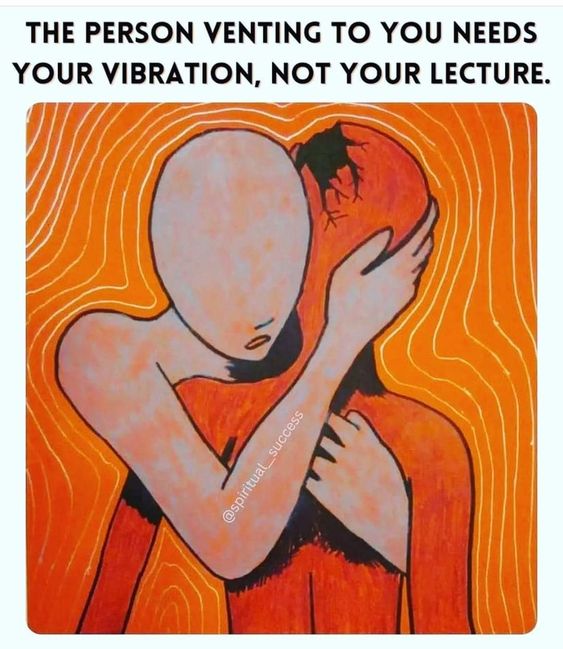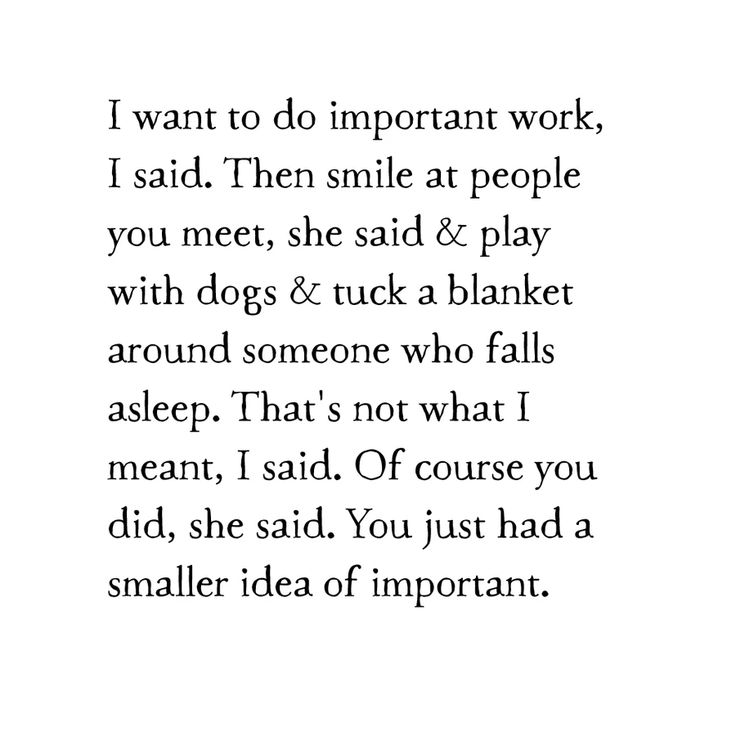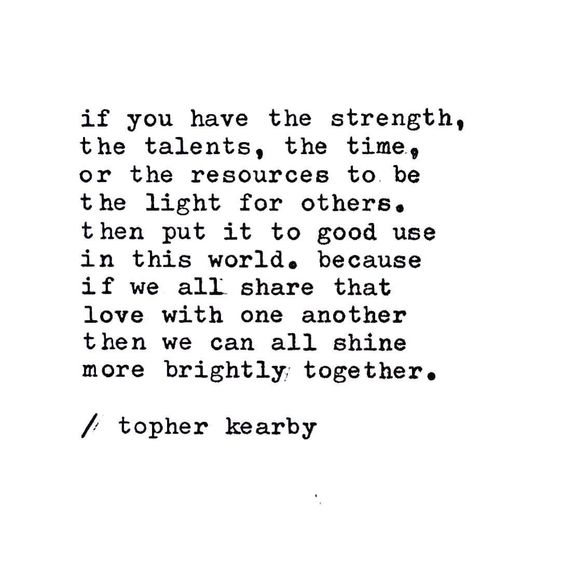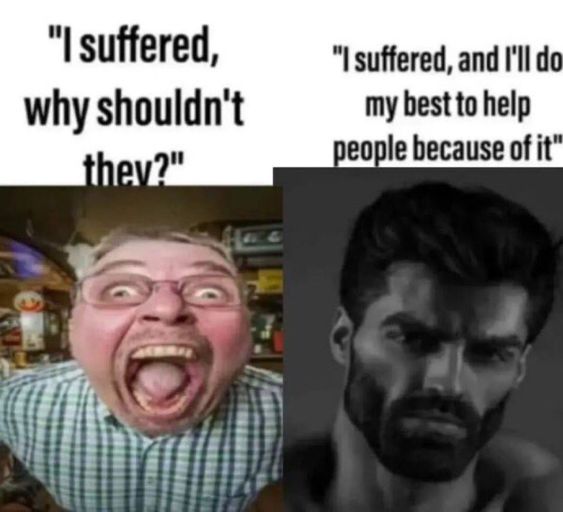“When you start protecting your time, something interesting happens. People who depend on you learn to plan better themselves. They start respecting your boundaries. And the stuff that’s truly urgent becomes clear. Will some people be disappointed? Definitely. And that’s okay. Because building a meaningful life sometimes means disappointing others to avoid constantly disappointing yourself. How you spend your time is a reflection of your priorities. And you don’t need to apologize for prioritizing what matters to you.”
Justin Welsh
“When we habitually prioritize other people’s urgencies, we’re really setting a precedent that our time (and our family’s time) is less important than anything else that might pop up. Our goals are less important. Our boundaries aren’t real. When we drop our work to handle someone else’s emergency, we reinforce a dangerous message: Your poor planning is more important than my well-planned day.”
Justin Welsh
“We are all born into debt, a social debt. We have been given life and the opportunities for a successful life that are in no way our own doing. So, turn it around. Take the initiative to set up the success of others, even if the favor is never returned. Take those daily, easily avoidable opportunities to reach out. Pay it forward, donate your time, resources, energy, and money to something or someone, and it will be meaningful. These acts of the heart can be small, subtle, even unnoticed; but know that you seized a chance to positively affect someone else. You will learn, and most importantly feel, that compassion and kindness are the highest form of human emotion, the form that comes with the highest dividends, taking you closer to the victorious spirit and your win within.”
Bert R. Mandelbaum, MD, via The Win Within (Page 120)
“Just be as happy as you can. Don’t think about others. If you are happy, your happiness will help others. You cannot help, but your happiness can.”
Osho, Everyday Osho (Page 324)
“Focus on what provides value to others, not what impresses others. Other people spend about as much time thinking about your lifestyle and accomplishments as you spend thinking about their lifestyle and accomplishments. Which is to say, not much time at all. The things we do to impress others rarely impress them for longer than five minutes. But the things we do to provide value for others can last a lifetime. In the long run, one of the most impressive things you can do is provide exceptional value.”
James Clear
“There are those who give little of the much which they have—and they give it for recognition and their hidden desire makes their gifts unwholesome.
Kahlil Gibran, The Prophet (Page 18)
And there are those who have little and give it all.
These are the believers in life and the bounty of life, and their coffer is never empty.”
“You give but little when you give of your possessions.
Kahlil Gibran, The Prophet (Page 18)
It is when you give of yourself that you truly give.”

